How smart can machines get?
In this What That Means video, Camille talks with Andres Rodriguez. They get into how deep learning works in comparison to traditional machine learning, where deep learning is headed in the future, and a few ethical considerations surrounding deep learning.
How Deep Learning Compares to Traditional Machine Learning
Deep learning is a branch of the larger machine learning tree. It’s certainly more advanced than traditional machine learning, and Andres explains the main difference is in deep learning’s use of multiple layers, or transformations of data, within a model. It works by continuing to input raw data into the model to create more and more accurate data outputs. While powerful, there are still limitations to deep learning, particularly the need for large data sets and computational power. Andres reveals how data scientists are starting to work past these limitations through fine-tuning or transfer learning by using parts of existing trained models and modifying them for new needs. Overall, deep learning provides better performance and accuracy compared to traditional machine learning models.
Where Is Deep Learning Headed?
Deep learning is relatively new, and yet it’s rapidly changing. The first deep learning models used convolutional neural networks (CNNs) and later recurrent neural networks (RNNs). Now, there is a growing convergence of the two into what’s known as transformer models. This change is impressive, but there’s still a long way to go before making huge technological leaps to things like artificial general intelligence (AGI).
However, deep learning is also poised to help create new business models. As smaller businesses lack the resources to operate large-scale models, Andres predicts that a few of the world’s biggest tech companies are likely to create their own enormous deep learning models and share those models with other businesses. This could lead to some interesting exchanges with AI-as-a-service.
Ethical Considerations
Andres and Camille wrap up their discussion by touching on a few ethical considerations surrounding deep learning. One concern currently at the forefront of the news lately is deep learning AI art programs and the discussions of artist consent and compensation for the use of their work to train those programs. A personal concern of Andres is the personalization of content through the use of deep learning, which he worries could have harmful consequences on society by creating division through reinforcing individuals’ worldviews instead of encouraging the sharing of ideas and empathy among people.
Andres Rodriguez, Intel Fellow

Andres has been with Intel for over seven years, starting as a Machine Learning Engineer, moving on to Sr. Principal Engineer, and now serving as an Intel Fellow. His current role sees Andres providing technical leadership across Intel for AI software libraries and hardware products, as well as working with customers of Intel to accelerate their AI workloads with Intel’s hardware and software. Andres’ educational background includes a Ph.D. in Electrical and Computer Engineering (emphasis on Machine Learning) from Carnegie Mellon University, along with master’s and bachelor’s degrees in Electrical Engineering from Brigham Young University.
If you want to learn more from Andres about deep learning systems, check out his book Deep Learning Systems: Algorithms, Compilers, and Processors for Large-Scale Production. Free access is available at deeplearningsystems.ai.
Check it out. For more information, previous podcasts, and full versions, visit our homepage.
To read more about cybersecurity topics, visit our blog.
#deeplearning #machinelearning
The views and opinions expressed are those of the guests and author and do not necessarily reflect the official policy or position of Intel Corporation.
—–
If you are interested in emerging threats, new technologies, or best tips and practices in cybersecurity, please follow the InTechnology podcast on your favorite podcast platforms: Apple Podcast and Spotify.
Follow our hosts Tom Garrison @tommgarrison and Camille @morhardt.
Learn more about Intel Cybersecurity and Intel Compute Life Cycle (CLA).
